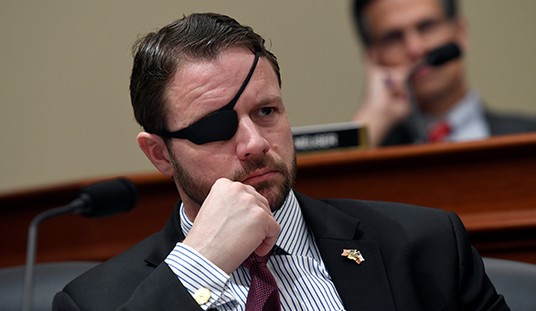‘What we have here is a failure to communicate.’ This is what the White House thinks is at the root of its current political difficulties. Jeff Zelany of the NYT writes that sources in Washington say the President will not change course. He will simply try to explain it to an obtuse public in a clearer way.
When Mr. Obama presents his first State of the Union address on Wednesday evening, aides said he would accept responsibility, though not necessarily blame, for failing to deliver swiftly on some of the changes he promised a year ago. But he will not, aides said, accede to criticism that his priorities are out of step with the nation’s.
As Mr. Obama navigates a crossroads of his presidency, a moment when he signals what lessons he has drawn from his first year in office, the public posture of the White House is that any shortcomings are the result of failing to explain effectively what they were doing — and why.
But there is concern among some pundits that the President may have put the cart before the horse. According to Kate Pickert of Time, a majority of Americans believe that the health care system isn’t broken enough to require the kind of fix that President Obama proposes — even if it were a “fix”. The lessons drawn from the earlier Clinton attempts was that the problem wasn’t explained thoroughly enough. They confidently believed that with a little more education the public would get it. Unfortunately, they still have not.
A new survey from the highly respected Robert Wood Johnson Foundation indicates that slightly more Americans are confident in their ability to access and afford health care than they were in May 2009. Despite all the town halls, the rallies organized by pro-reform progressive groups, the pro-reform television ad campaigns, the Congressional hearings featuring Americans injured by a flawed insurance apparatus, the public is simply not convinced that the health care system is broken enough that it needs to be changed dramatically. (And I might add, despite all the reporting that’s been done about how broken the U.S. health care system is.)
In conversations with pro-reform policy experts and Democratic political aides throughout 2009, I heard it said that one reason Bill Clinton’s 1994 health reform efforts failed was that things weren’t bad enough back then. But fifteen years later, I was told, enough people had had negative experiences with their insurance companies over denied claims. Enough people had seen their premiums skyrocket. Enough people had found themselves suddenly and terrifyingly uninsured. But this turned out not to be true. Most people in America are still happy with their health care coverage and their health care. And most believe they will continue to be happy, despite Democrats’ effort to convince the public that the system is buckling and will eventually cost Americans far more than they can afford. Nope, this message did not get through.
All the way up to the State of the Union speech, the President’s aide’s were debating which parts of the health care proposal to use as sales points to a dubious public. The New York Times article says they are poring over the polls to see what items have support and which items do not. They will change their message to suit.
The White House press secretary, Robert Gibbs, on Tuesday pointed to public opinion polls that showed a strong majority of Americans support many of the specific proposals inside the overall health care plan, but opposed the plan because of the messy legislative process surrounding the bill. …
The State of the Union address, which is Mr. Obama’s third appearance before a joint session of Congress, offers an opportunity for the president to restate the goals of his administration as he tries to turn the election-year conversation to the economy. The speech will be punctuated with a handful of new ideas — calling for a spending freeze on a portion of the domestic budget — but aides said it would largely be an opportunity for Mr. Obama to return to the proposals that swept him into office.
“Democrats are really looking for that spark again,” said David Young, chairman of the North Carolina Democratic Party.
And they figure they’re going to get that spark with a little more emphasis and a little more repackaging.
| Tocque: Requires Javascript enabled in Firefox 3.5, IE 8.0, or Safari 4.0 |










Join the conversation as a VIP Member